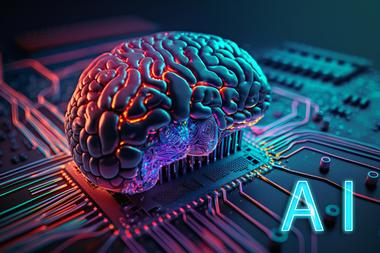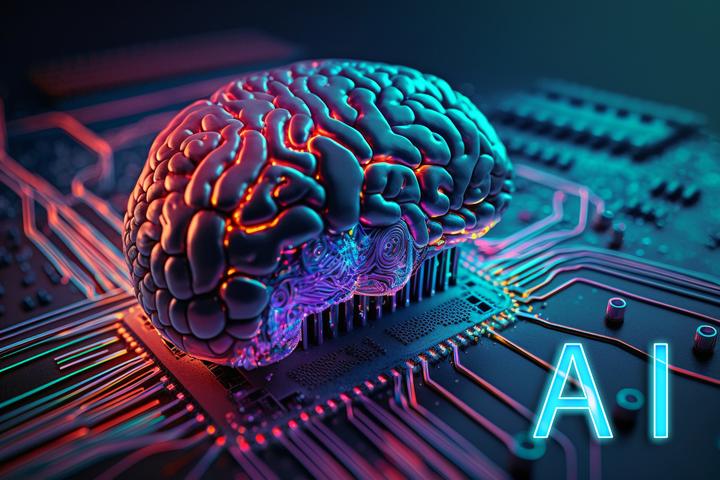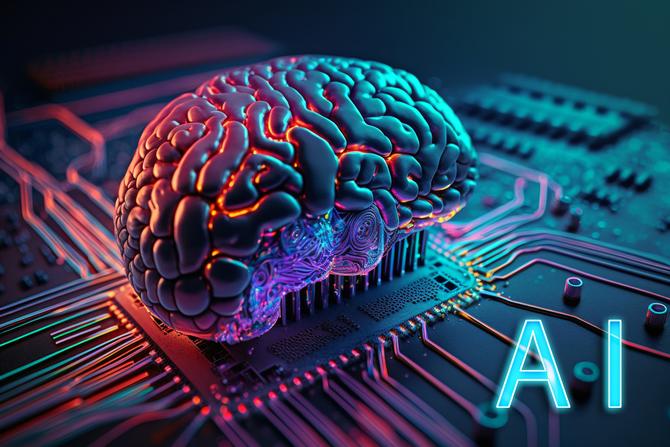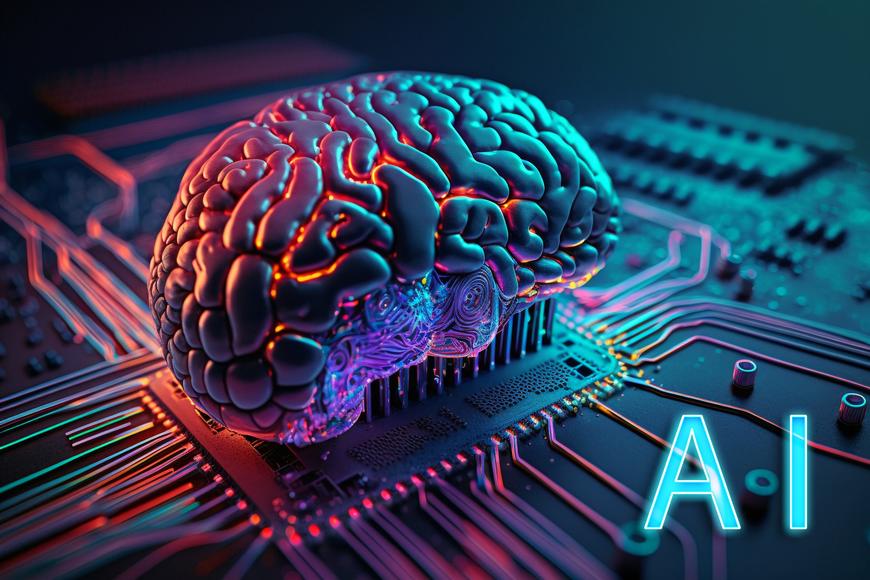



Title Leveraging Artificial Intelligence in Academic Writing: Transforming Research and Writing Practices
Introduction
Academic writing is a fundamental aspect of the educational landscape, playing a pivotal role in knowledge creation and dissemination. In recent years, the integration of artificial intelligence (AI) into academic writing processes has gained significant attention. This essay explores the applications of AI in academic writing, highlighting the transformative potential it holds for researchers, students, and educators. By examining AI-powered tools and techniques, we will delve into the benefits and challenges associated with incorporating AI into academic writing practices.
I. AI-Assisted Research
AI has revolutionized the way researchers gather, analyze, and synthesize information. In the realm of academic writing, AI-powered tools offer invaluable assistance in the research phase. Natural Language Processing (NLP) algorithms enable intelligent literature review, rapidly scanning vast databases and extracting relevant information, thereby expediting the process for scholars. AI algorithms can identify key concepts, summarize articles, and provide comprehensive bibliographic information. Consequently, researchers can allocate more time to critical analysis and synthesis of information, enhancing the overall quality of their work.
Moreover, AI algorithms have the capability to detect patterns and correlations that human researchers may overlook, leading to new discoveries and insights. Machine learning algorithms can process and analyze large datasets, identifying trends, and generating hypotheses for further exploration. This not only saves time but also enhances the efficiency and accuracy of the research process.
II. Automated Writing Assistance
In addition to aiding research, AI tools can assist in the actual writing process. Grammar and style checkers powered by AI algorithms provide real-time suggestions, enhancing the clarity and coherence of academic writing. These tools identify grammatical errors, sentence structure issues, and even provide recommendations for vocabulary usage. By automating proofreading and editing, AI-powered tools empower writers to produce polished and error-free manuscripts.
Furthermore, AI algorithms can generate content summaries, abstracts, and even full drafts based on provided prompts or inputs. This feature is particularly helpful for busy students or researchers who struggle with time constraints. AI-generated drafts can serve as starting points, saving considerable time and effort, while still requiring human input and refinement.
III. Plagiarism Detection and Academic Integrity (300 words)
One of the crucial aspects of academic writing is maintaining integrity and ensuring the authenticity of ideas. AI has made substantial contributions in the domain of plagiarism detection, offering sophisticated tools capable of comparing texts and identifying instances of academic dishonesty. These algorithms analyze vast databases of scholarly works, internet sources, and previous publications to flag potential instances of plagiarism. By adopting AI-powered plagiarism detection systems, academic institutions can maintain high standards of integrity, ensuring that the work produced is original and properly attributed.
However, it is essential to acknowledge that AI is not foolproof and may encounter challenges in detecting certain forms of plagiarism. Therefore, educators and institutions should utilize AI tools as part of a holistic approach to promote academic integrity, combining manual checks, educational initiatives, and ethical awareness.
IV. Ethical Considerations and Limitations (300 words)
While the integration of AI in academic writing brings numerous benefits, it is crucial to address the ethical considerations and limitations associated with its usage. AI tools, driven by algorithms, may perpetuate biases present in the data they are trained on. This bias can manifest in various ways, including gender bias, racial bias, or cultural bias, potentially perpetuating inequality and discrimination. Careful consideration and continuous monitoring are necessary to ensure AI systems are fair, transparent, and inclusive.
Additionally, reliance on AI tools should not replace critical thinking and the human touch in academic writing. While AI algorithms can streamline certain aspects of the writing process, they should be regarded as complementary tools rather than replacements for human intellect and creativity. The nuanced interpretations, contextual understanding, and subjective